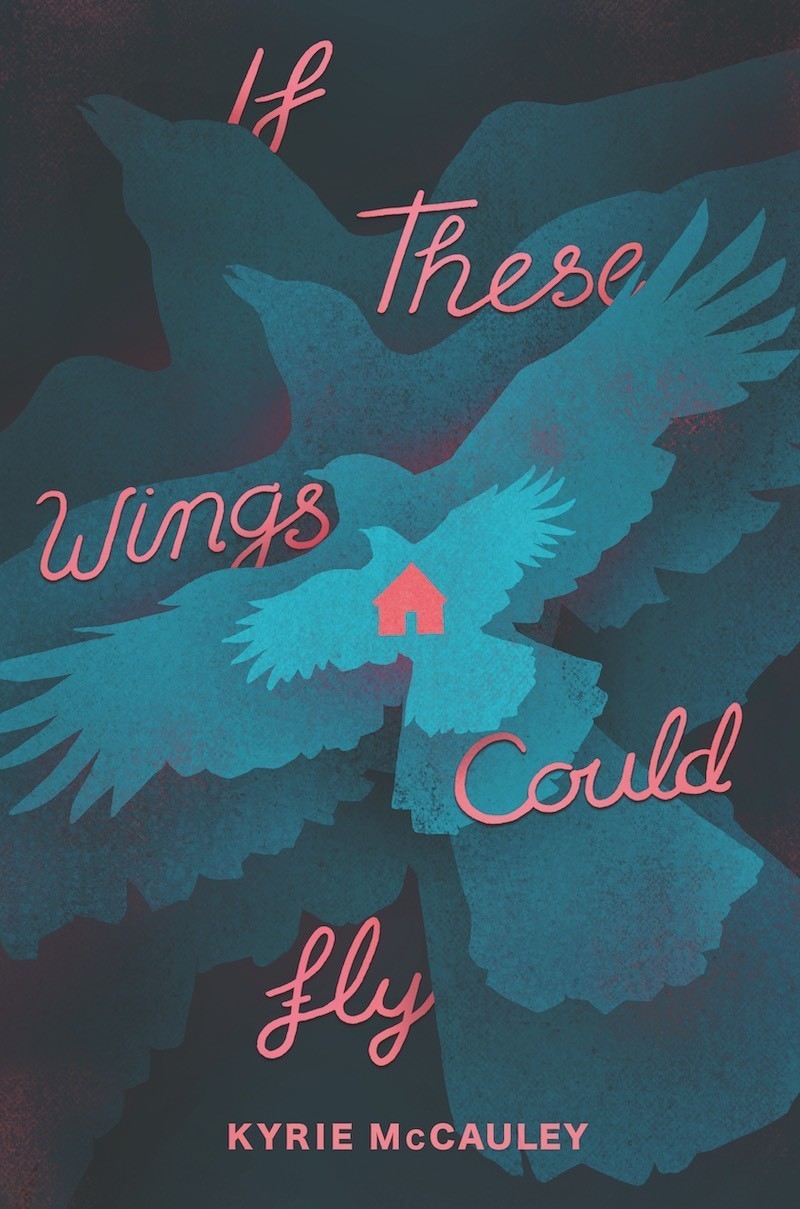Chapter 26
byChapter 26 of If These Wings Could Fly delves into the protagonist’s evolving daily routine, which centers around the comfort she finds in the mornings, particularly in her interactions with Liam. Every day, he drives her to school, and this small but consistent ritual becomes a welcome part of her life, offering her something to look forward to amid the anxiety she feels about the crawl space at night. Their relationship remains friendly and uncomplicated, full of shared conversations and laughter, but devoid of any physical intimacy. This routine serves as a steady anchor in her life, providing a semblance of normalcy in a world that often feels uncertain and unsettling. Liam’s presence becomes a calming influence, and the simple act of driving to school together allows the protagonist to start her day on a positive note, distracting her from the deeper, more pressing fears that lurk in the back of her mind.
On a typical Friday morning, as the two prepare for their literature exam, a playful exchange reveals Liam’s fatigue from football practice and showcases the ease with which they communicate. As they discuss their plans for the day, the protagonist offers him hot chocolate, while she herself opts for coffee, highlighting the differences in their preferences. This small act emphasizes the developing closeness between them, as they share personal likes and dislikes. Their conversation flows naturally, and the subject of music comes up—when a Guns N’ Roses song begins to play, the protagonist, unable to enjoy it, promptly turns it off. This moment reflects her growing comfort in expressing her opinions, showing how their friendship is evolving into something where both individuals feel free to be themselves. The little moments of consideration, like turning off music that doesn’t sit right, signal the trust and understanding developing between them.
As the day progresses, the protagonist finds herself delving deeper into her thoughts during the exam, but it’s in her conversation with Liam that she experiences a more meaningful exchange. The protagonist quizzes Liam on their summer reading assignment, focusing on Tess of the d’Urbervilles by Thomas Hardy, and as they explore its themes of social class and gender dynamics, she is struck by Liam’s thoughtful responses. To her surprise, he demonstrates a more nuanced understanding of societal issues than she initially expected, acknowledging the continued relevance of issues like harassment and discrimination. Liam’s perspective surprises her, particularly given that he’s much younger, yet his insight into these complex subjects indicates a level of maturity that defies his age. This exchange becomes a turning point in their relationship, as the protagonist sees Liam not just as a friend but as someone capable of contributing meaningfully to discussions about social issues, deepening her respect for him.
The conversation takes a more serious turn as they discuss women’s roles in society and the consequences of challenging societal norms. The protagonist expresses her concerns about the dangers that women face when they speak out against injustices, especially those related to gender inequality. She shares her aspiration of becoming a reporter one day, with the hope of shedding light on these painful truths and using her voice to expose hidden injustices. This conversation not only strengthens their bond but also reveals the protagonist’s deep desire to bring attention to the struggles faced by women. She reflects on how voicing dissent can be a powerful act, yet it also carries a heavy burden, one that she feels compelled to take on in her future career. The chapter showcases her growing resolve to make a difference and challenge the status quo, as she grapples with the complexities of the world around her.
Ultimately, this chapter represents a crucial moment in the protagonist’s personal development. She navigates the balance between confronting her fears and nurturing her ambition, finding strength in her conversations with Liam and drawing inspiration from their shared discussions. The chapter closes with a note of determination, as the protagonist solidifies her desire to speak out against injustices and pursue her dreams of becoming a reporter. In doing so, she affirms her commitment to using her voice, despite the challenges she faces. This resolve serves as a powerful testament to her growth, showcasing the inner strength she’s building as she moves closer to her aspirations. The chapter reflects a pivotal step in the protagonist’s journey, where her fears are met with the courage to speak her truth and fight for a better future.

